Resources
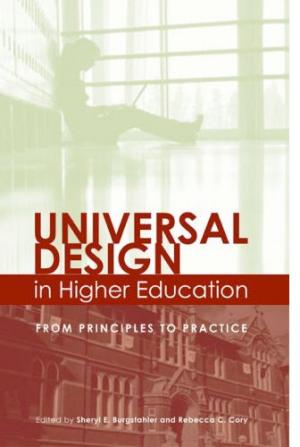
Universal Design in Higher Education is a comprehensive guide for researchers and practitioners on creating fully accessible college and university programs. It is founded upon, and contributes to, theories of universal design in education that have been gaining increasingly wide attention in recent years. As greater numbers of students with disabilities attend postsecondary educational institutions, administrators have expressed increased interest in making their programs accessible to all students. This book provides both theoretical and practical guidance for schools as they work to turn this admirable goal into a reality. It addresses a comprehensive range of topics on universal design for higher education institutions, thus making a crucial contribution to the growing body of literature on special education and universal design. This book will be of unique value to university and college administrators, and to special education researchers, practitioners, and activists. Universal Design in Higher Education looks at the design of physical and technological environments at institutions of higher education; at issues pertaining to curriculum and instruction; and at the full array of student services. It concludes with a thorough consideration of how to institutionalize universal design at higher education institutions. (From the Publisher)
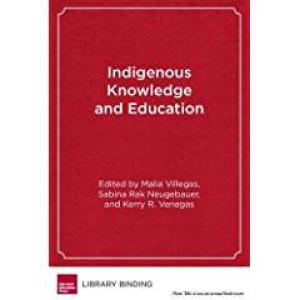
This book brings together essays that explore Indigenous ways of knowing and that consider how such knowledge can inform educational practices and institutions. Indigenous Knowledges is resiliently local in character and this poses a distinct contrast to the international, more impersonal system of knowledge prevalent in Western educational institutions. In the words of Mi'kmaq scholar Marie Battiste - a leading proponent of Indigenous Knowledge and a contributor to this volume - Indigenous Knowledge expresses "the vibrant relationships between the people, their ecosystems, and the other living beings and spirits that share their lands." Indigenous Knowledge and Education argues that such knowledge has much to offer schools and students in the United States and beyond. This volume examines a wide range of Indigenous cultures and educational settings, including Native American, Haitian, Mexican, African, and Australian. Uniting all are three themes exemplified by many Indigenous cultures: struggle, strength, and survivance--the later a notion of survival that emphasizes remembrance, regeneration, and spiritual renewal Each of these themes is explored in a rich array of articles and capped with new essays by Marie Battiste, Gregory A. Cajete, and Bryan McKinley Jones Brayboy. A wide-ranging and persistently stimulating volume, Indigenous Knowledge and Education casts contemporary theories and debates about education in a new--and essential--light. (From the Publisher)
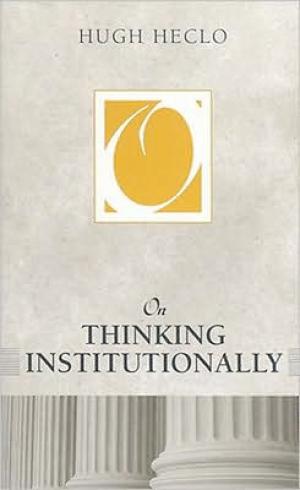
David Brooks discusses On Thinking Institutionally in a recent column. Read it here! David Brooks Column A brilliant look at institutions as popular as professional sports and as austere as the Supreme Court, all through the lens of what it means to "think institutionally." The twenty-first-century mind deeply distrusts the authority of institutions. It has taken several centuries for advocates of "critical" thinking to convince Western culture that to be rational, liberated, authentic, and modern means to be anti-institutional. In this mold-breaking book, Hugh Heclo moves beyond the abstract academic realm of thinking "about" institutions to the more personal significance and larger social meaning of what it is to "think institutionally." His account ranges from "respect for the game" of baseball to Greek philosophy, from twenty-first-century corporate and political scandals to Christian theology and the concept of "office" and "professionalism." Think what you will about one institution or another, but after Heclo, no reader will be left in doubt about why it matters to think and act institutionally. What do these things have in common? (From the Publisher)
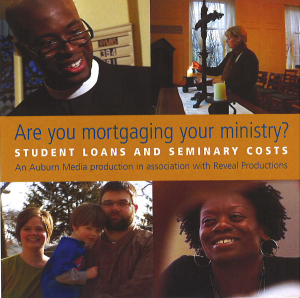
From the Publisher This 30 minute video introduces five recent seminary graduates, some of the financial challenges they faced and decisions they made. Two experienced seminary administrators also offer advice on how to manage finances while in school. The video, along with accompanying resources, including Financial Planning worksheets, can be used by schools to help students plan for how they will pay for their theological education. All materials, including this video, are free and can be downloaded. Students as well as school administrators are welcome to use the material provided on this site.
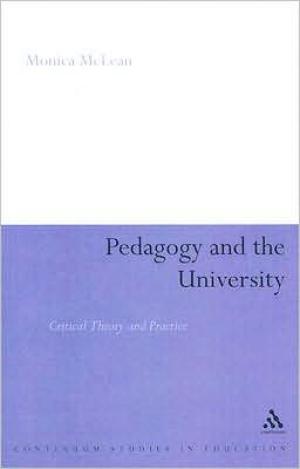
An investigation of how the contemporary university should develop and the form of pedagogy used. (From the Publisher)
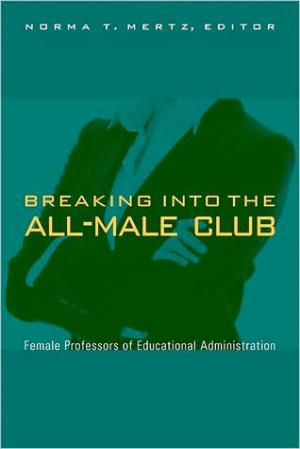
Women professors of educational administration share their personal stories of being female firsts. (From the Publisher)
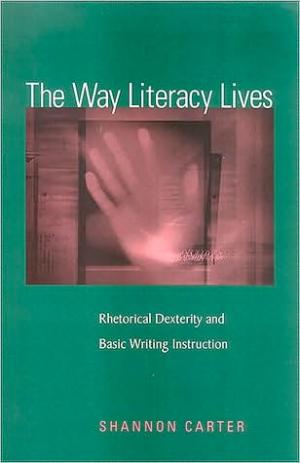
Challenges an autonomous model of literacy instruction in favor of one that recognizes and builds on students' facility in navigating other rhetorical contexts. (From the Publisher)
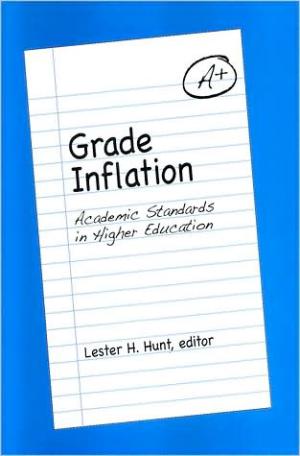
This book provides a provocative look at the issues and controversies surrounding grade inflation, and, more generally, grading practices in American higher education. The contributors confront the issues from a number of different disciplines and varying points of view. Topics explored include empirical evidence for and against the claim that there is a general upward trend in grading, whether grade inflation (if it exists) is a problem, which ethical considerations are relevant to grading, and whether heavy reliance on anonymous student evaluations of teaching excellence has a distorting effect on grading practices. Finally, the contributors offer contrasting perspectives on the prospects for reform. "As state and federal agencies begin to talk about accountability for universities, the topic of grade inflation could become even more politicized. This timely book addresses a topic of significant public interest and does it well. The fact that the contributors disagree, take different approaches, and address different aspects of grade inflation is a virtue." - Kenneth A. Strike, author of Ethical Leadership in Schools: Creating Community in an Environment of Accountability "This book encourages academic communities to engage in constructive debate over their professional responsibilities as evaluators of student academic work. Its greatest strength is that it presents disparate perspectives on the complex topics of grading and grade inflation. The contributors are in a real sense engaged in a discussion on the subject, which makes the book refreshing and intellectually stimulating." - Matthew Hartley, University of Pennsylvania Contributors include CliffordAdelman, David T. Beito, Mary Biggs, Harry Brighouse, Lester H. Hunt, Richard Kamber, Alfie Kohn, Charles W. Nuckolls, Francis K. Schrag, and John D. Wiley. (From the Publisher)
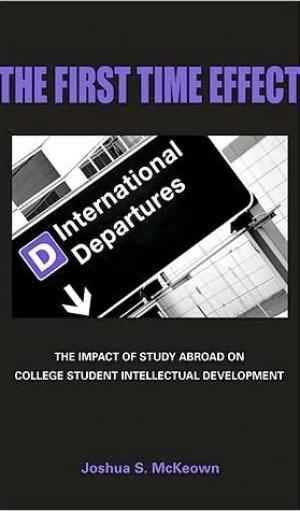
A fresh look at study abroad programs on American college and university campuses. (From the Publisher)
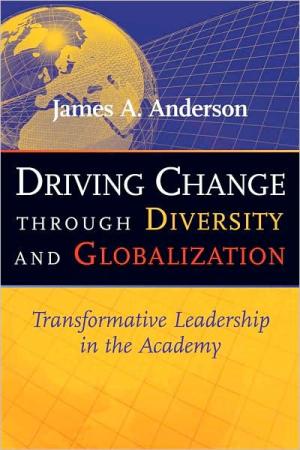
This book significantly advances discussion of the mission of higher education in today's multicultural environment and global economy. It sets out the challenges and considerations that must be addressed by administrative leaders, by trustees, and others who shape the vision and direction of the institution but most particularly by academic deans and faculty. The author makes the case that the inclusion of a diversity and globalization in disciplinary work contributes to the research agendas of individual faculty and their departments, aligns with scholarly values, and promotes such student learning goals as tolerance of ambiguity and paradox, critical thinking and creativity. He offers a strategic vision of success, backed by theory and examples of effective application, for creating transformative change; and provides a roadmap to implementing inclusive pedagogical practices and curricula. With implementation dependent on leadership and participation at every level of an institution, everyone with a stake in its future should read this book. (From the Publisher)